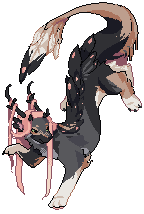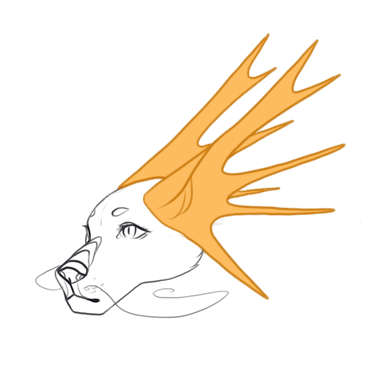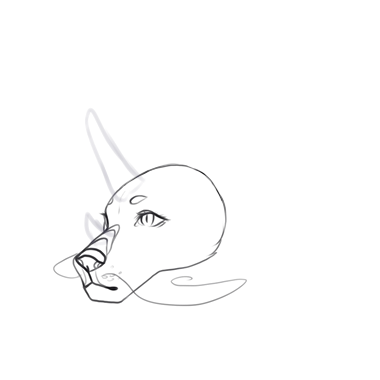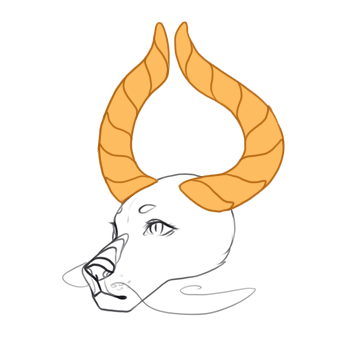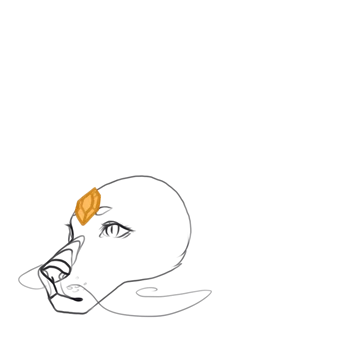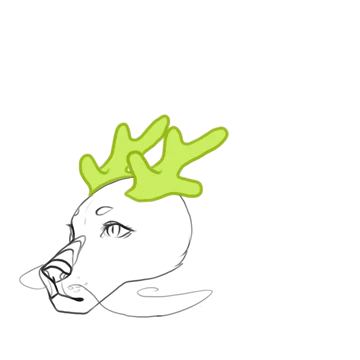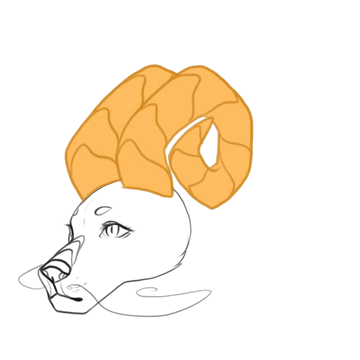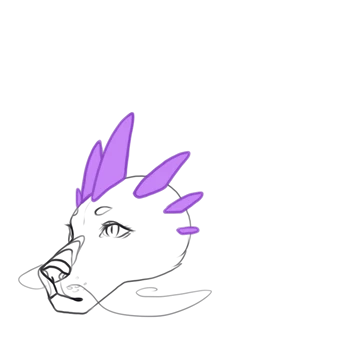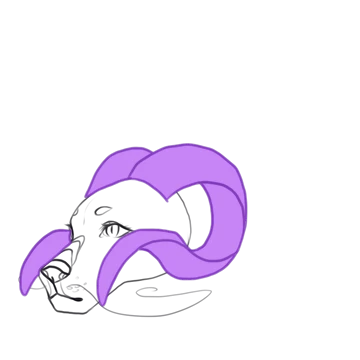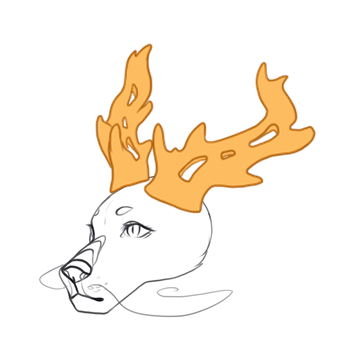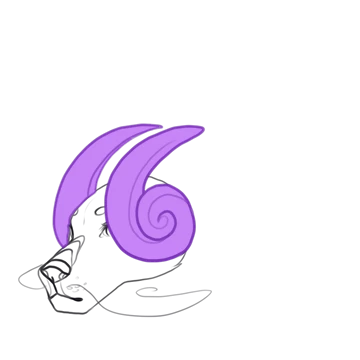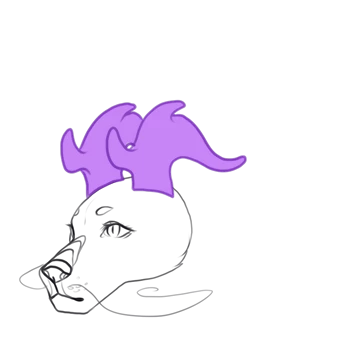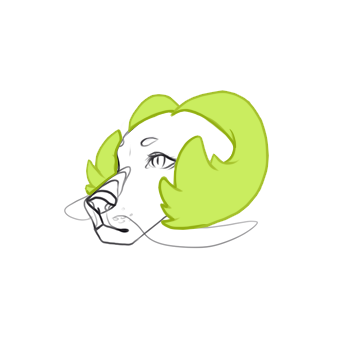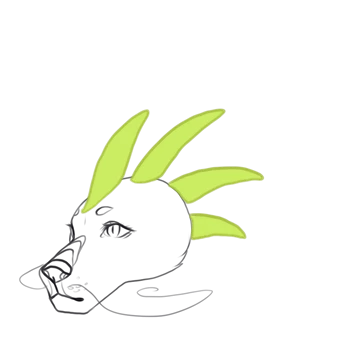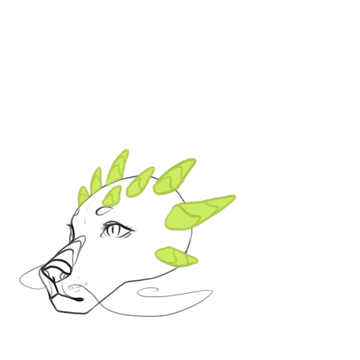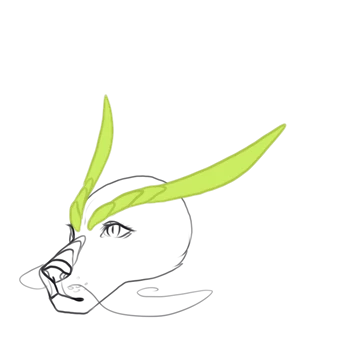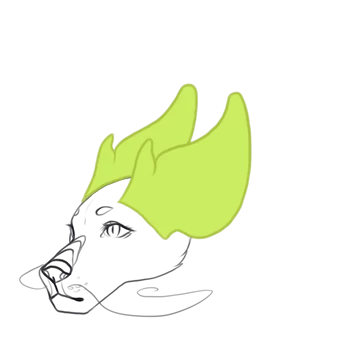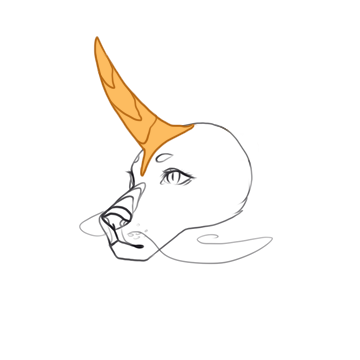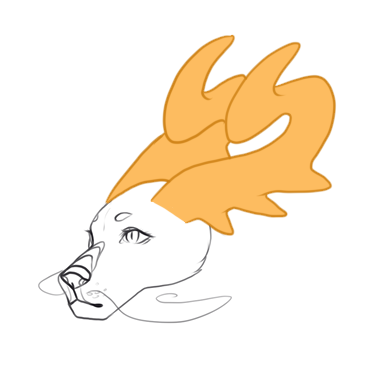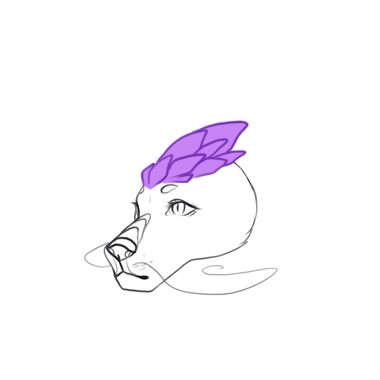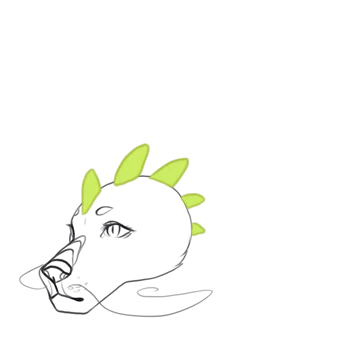Traits
Fork Horns
Category: Horns
Species: Shiji-Long
The horns have spikey points and start right above the ears usually.
Gate Horns
Category: Horns
Species: Shiji-Long
These horns are exclusive to Lunar Shijis. They can have a round, full moon-like sphere in between them that is glowing. It is not a must though.
Normal Horns
Category: Horns
Species: Shiji-Long
The normal and common horns of the Shiji-Long. They aren't too big but can vary in branches and form.
Celestial Horns
Category: Horns
Species: Shiji-Long
These horns are similar to crown horns. Both feature holes. These horns are mostly flat.
Sino Horns
Category: Horns
Species: Shiji-Long
Small set of horns that curl like ram horns, but end in a moose like shovel on the side of the face.
Skewer Horn
Category: Horns
Species: Shiji-Long
A large, flat horn on the forehead. It has grow marks.
Hook Horns
Category: Horns
Species: Shiji-Long
Hook horns have a few spikes on the bottom and always end in a hook that moves to the front and then back.
Lotus Horns
Category: Horns
Species: Shiji-Long
Small, plated horns, which are layered above each other.
583 results found.
